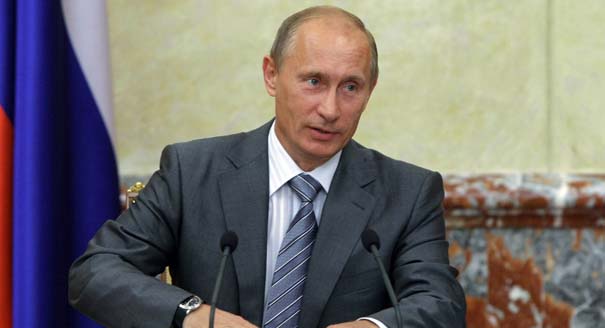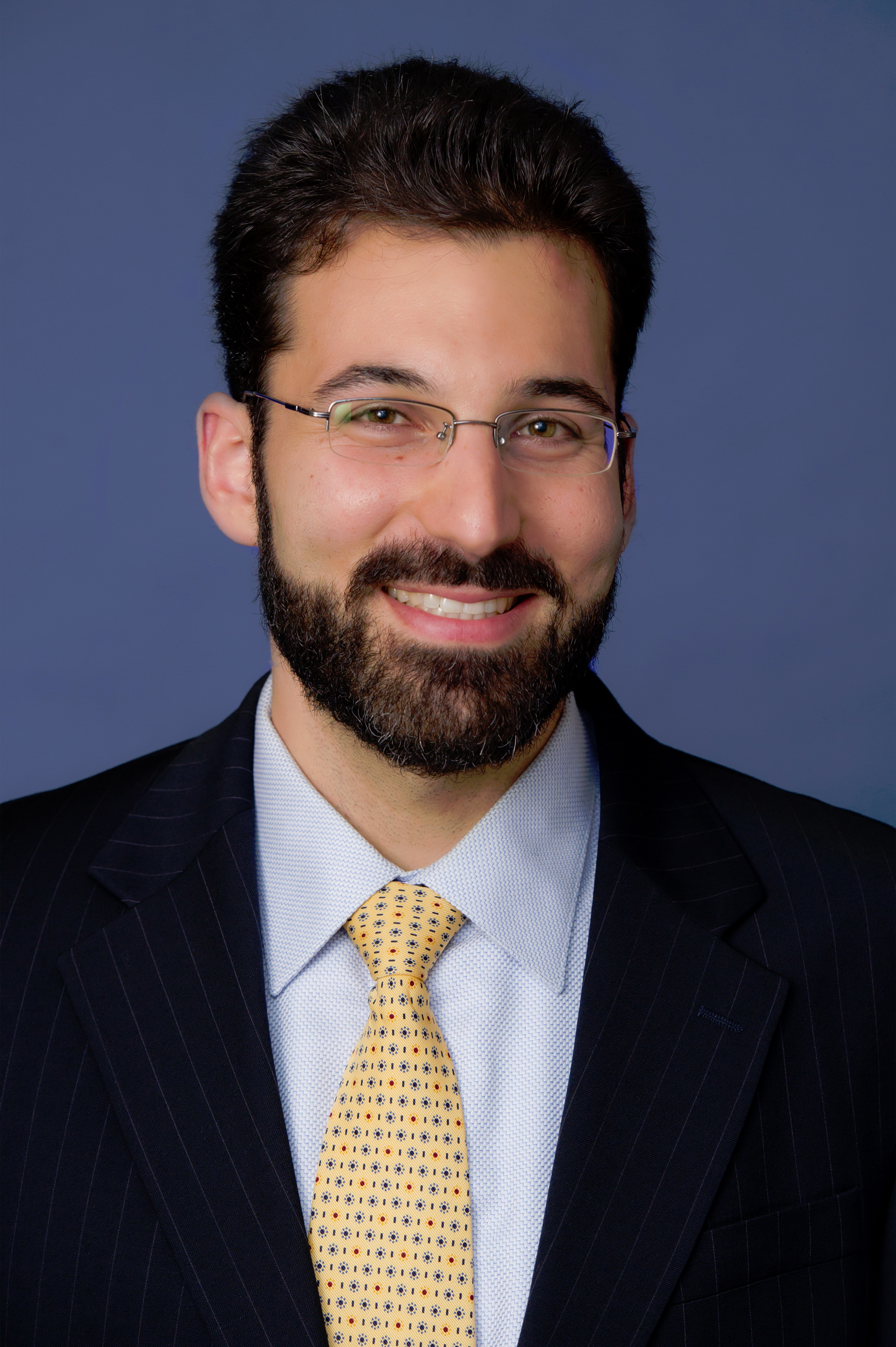Matthew Rojansky
{
"authors": [
"Matthew Rojansky"
],
"type": "legacyinthemedia",
"centerAffiliationAll": "dc",
"centers": [
"Carnegie Endowment for International Peace",
"Malcolm H. Kerr Carnegie Middle East Center",
"Carnegie Russia Eurasia Center"
],
"collections": [],
"englishNewsletterAll": "",
"nonEnglishNewsletterAll": "",
"primaryCenter": "Carnegie Endowment for International Peace",
"programAffiliation": "russia",
"programs": [
"Russia and Eurasia"
],
"projects": [
"Eurasia in Transition"
],
"regions": [
"Middle East",
"Syria",
"Caucasus",
"Russia"
],
"topics": [
"Political Reform",
"Security",
"Foreign Policy"
]
}
Source: Getty
Russia Softens Stance on Syria
The Russian government may be changing its attitude towards Syria and penalizing the Assad regime for failing to heed Moscow's advice.
Source: CTV (Canada)

- Russia’s Foreign Policy Position: “Russians like to have an independent position,” argued Rojansky. “What they mean by that is that they will not let the West tell them what to do and will not let the Arab League tell them what to do. And they have done that. They have staked out an independent position on Syria.”
- Financial Stake in Syria: Russia has long-standing financial interests in Syria, including Soviet-era weapons, new arms deals, energy and oil services deals, and the military base at Tartus. All of those things had appeared to be a lost cause as recently as a few months ago, but "now it looks like they might actually be able to extract a deal to keep those,” said Rojansky.
- Lesson to Syria: “Russia has handled its own protest much better, and that is the message they would like Kofi Annan to deliver,” said Rojansky. “Syria has got to be much smarter, stop killing innocent people, and look at the Russian model."
- Russia’s Domestic Politics: Before the March 2012 presidential election in Russia, it was extremely important that Putin not seem to accept the notion that a public protest movement could bring down what he views as a legitimate regime, said Rojansky. “After his reelection, he has kind of got a new lease on life, and he knows that that lease is contingent on his delivering a sense of fresh air, and freedom, and reform,” he added. Putin’s legitimacy domestically depends on Russia maintaining its great power status, including exercising influence through international instruments, like the UN Security Council. “If Russia finds itself being sidelined, then it chips away at the image of Putin as a great leader, and that is something he cannot afford,” concluded Rojansky.
About the Author

Former Deputy Director, Russia and Eurasia Program
Rojansky, formerly executive director of the Partnership for a Secure America, is an expert on U.S. and Russian national security and nuclear-weapon policies.
- An Opportunity for Ambition: Ukraine’s OSCE ChairmanshipPaper
- Presiding Over the OSCE: Challenges and OpportunitiesIn The Media
Matthew Rojansky
Recent Work
Carnegie does not take institutional positions on public policy issues; the views represented herein are those of the author(s) and do not necessarily reflect the views of Carnegie, its staff, or its trustees.
More Work from Carnegie Endowment for International Peace
- Axis of Resistance or Suicide?Commentary
As Iran defends its interests in the region and its regime’s survival, it may push Hezbollah into the abyss.
Michael Young
- How Far Can Russian Arms Help Iran?Commentary
Arms supplies from Russia to Iran will not only continue, but could grow significantly if Russia gets the opportunity.
Nikita Smagin
- Is a Conflict-Ending Solution Even Possible in Ukraine?Commentary
On the fourth anniversary of Russia’s full-scale invasion, Carnegie experts discuss the war’s impacts and what might come next.
- +1
Eric Ciaramella, Aaron David Miller, Alexandra Prokopenko, …
- The Kremlin Is Destroying Its Own System of Coerced VotingCommentary
The use of technology to mobilize Russians to vote—a system tied to the relative material well-being of the electorate, its high dependence on the state, and a far-reaching system of digital control—is breaking down.
Andrey Pertsev
- Indian Americans Still Lean Left. Just Not as Reliably.Commentary
New data from the 2026 Indian American Attitudes Survey show that Democratic support has not fully rebounded from 2020.
- +1
Sumitra Badrinathan, Devesh Kapur, Andy Robaina, …












